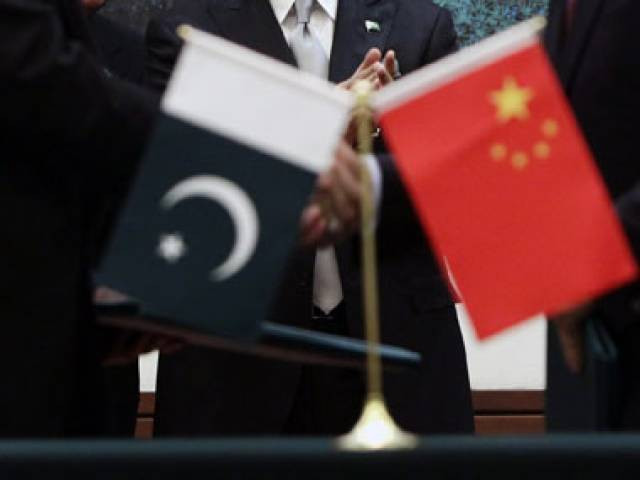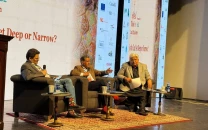‘Value addition key to boosting exports to China’
Consul general urges exporters to focus on China’s Yangtze River Delta region

Business and industrial communities will have to focus on value addition in an effort to increase Pakistan’s exports to China, said Pakistan’s Consul General in Shanghai Hussain Haider.
Speaking at a webinar organised by the Karachi Chamber of Commerce and Industry (KCCI) on Tuesday, Haider noted that raw material and less value added products were currently being exported to China while there was immense potential for export of value added products as well. He added that in 2019, the top two products exported to China were copper and related articles, and cotton yarn and similar fabrics, which fetched $551.2 million and $351.95 million respectively for the national exchequer.
On the other hand, exports of value added products such as knitted apparel and woven apparel stood at $47.49 million and $31.38 million respectively, which clearly indicated that Pakistan’s exporters were primarily exporting raw material instead of value added products, he highlighted.
He told webinar participants that the Yangtze River Delta region in China, which comprised Shanghai, Jiangsu, Zhejiang and Anhui areas, was the most technologically advanced region with the highest per capita income as well as gigantic contribution to the Chinese gross domestic product (GDP).
“This is the region where Pakistani exporters must look for avenues of enhancing trade by focusing on value addition,” he said. “At the same time, attention must be paid to digitisation because digitalisation for business-to-business (B2B) and business-to-consumer (B2C) modes has increased in the Yangtze River Delta region.”
He highlighted that Pakistani Consulate in Shanghai had identified numerous sectors that Pakistani manufacturers could tap because they already had the expertise and were expected to capture a sizeable share in the Chinese market.
These sectors included textile and clothing, value added textile, garments, medical and surgical equipment, sports goods and leather apparel.
He pointed out that the sister city status for Karachi and Shanghai could also provide a basis for economic cooperation. “To further strengthen bilateral trade and investment ties, cooperation between Karachi and Shanghai is required,” he said.
Published in The Express Tribune, November 4th, 2020.
Like Business on Facebook, follow @TribuneBiz on Twitter to stay informed and join in the conversation.



















COMMENTS
Comments are moderated and generally will be posted if they are on-topic and not abusive.
For more information, please see our Comments FAQ